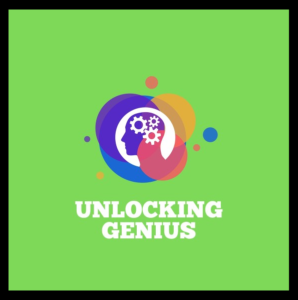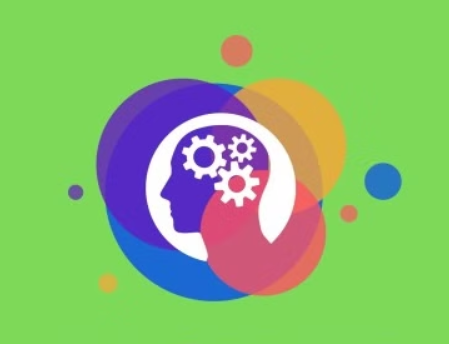Beyond the Test: Real-Life Applications of DMIT
In our previous blog, we explored how DMIT (Dermatoglyphics Multiple Intelligence Test) works and what it reveals about our inborn strengths. But you might now be wondering—“Okay, I’ve taken the test (or I’m planning to). What’s next?”
Let’s dive deeper into how DMIT can actually transform lives when used the right way.

1. Parenting with Purpose
Parents often struggle to understand their children’s behavior, learning pace, or lack of interest in certain subjects. DMIT bridges that gap.
How it helps:
-
Identifies the child’s dominant intelligence (e.g., musical, bodily-kinesthetic).
-
Suggests the best way the child absorbs information—visually, kinesthetically, or auditorily.
-
Helps parents stop comparing siblings or pushing them into unsuitable fields.
👉 Example: A child who’s low on logical intelligence but high on spatial and kinesthetic intelligence may excel in design, architecture, or sports—not necessarily academics. DMIT helps parents embrace that difference early on.
 2. Customized Learning Approaches
2. Customized Learning Approaches
Schools are often “one-size-fits-all,” but DMIT shows us that learning is anything but. Every student has a unique brain wiring, and knowing that can change how they study.
How it helps:
-
Tailors study methods (e.g., mind maps, roleplay, audio recordings).
-
Reduces academic stress and increases engagement.
-
Empowers teachers to support diverse learners effectively.
3. Career Clarity and Decision Making
Choosing a career is one of the biggest decisions in life—and often the most confusing. DMIT helps people make data-driven choices about their future.
How it helps:
-
Highlights natural talents and work preferences (teamwork vs. solo, logic-based vs. creative).
-
Suggests suitable fields like medicine, law, fine arts, entrepreneurship, etc.
-
Reduces trial-and-error career hopping and improves long-term satisfaction.
4. Self-Awareness & Relationship Building
DMIT can help kids/students benefit from understanding their personality type, communication style, and emotional intelligence.
How it helps:
-
Improves self-confidence by embracing strengths.
-
Supports better decision-making in personal and professional life.
-
Enhances teamwork, leadership, and interpersonal skills.
Fun Fact: Companies in some countries now offer DMIT to employees as part of leadership and team-building programs!

